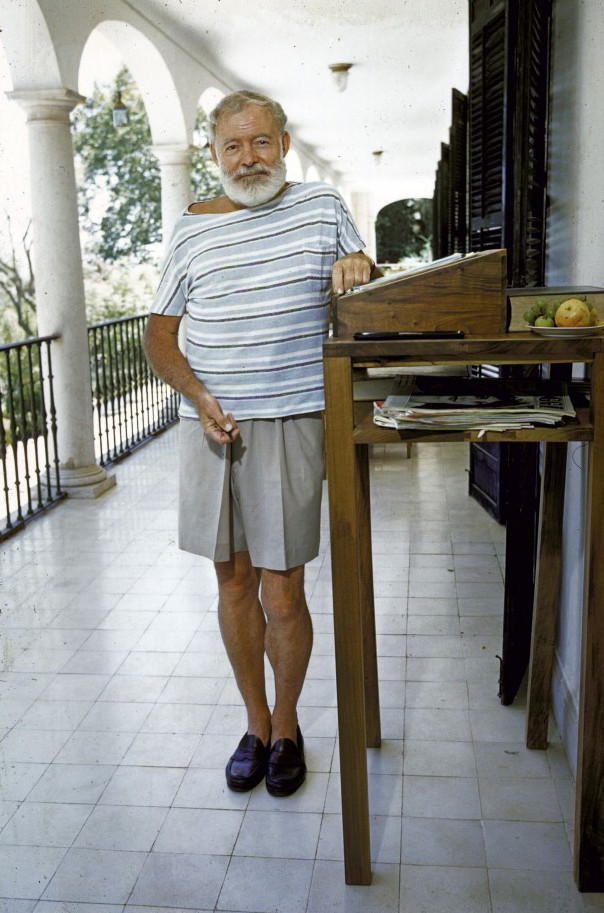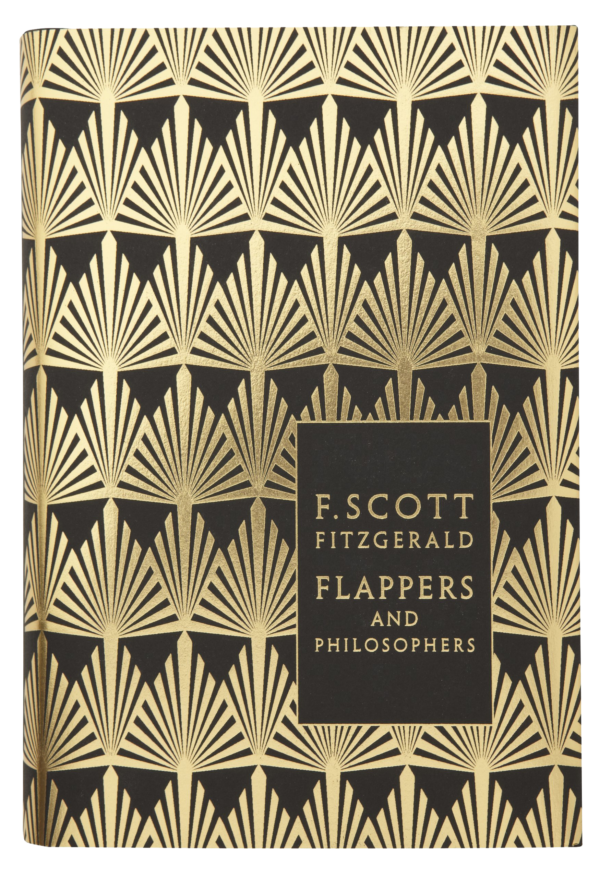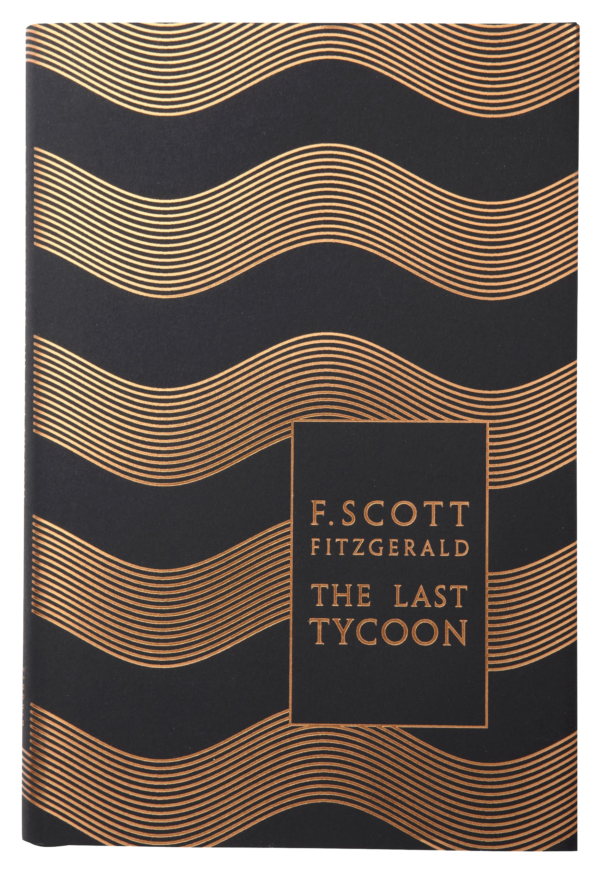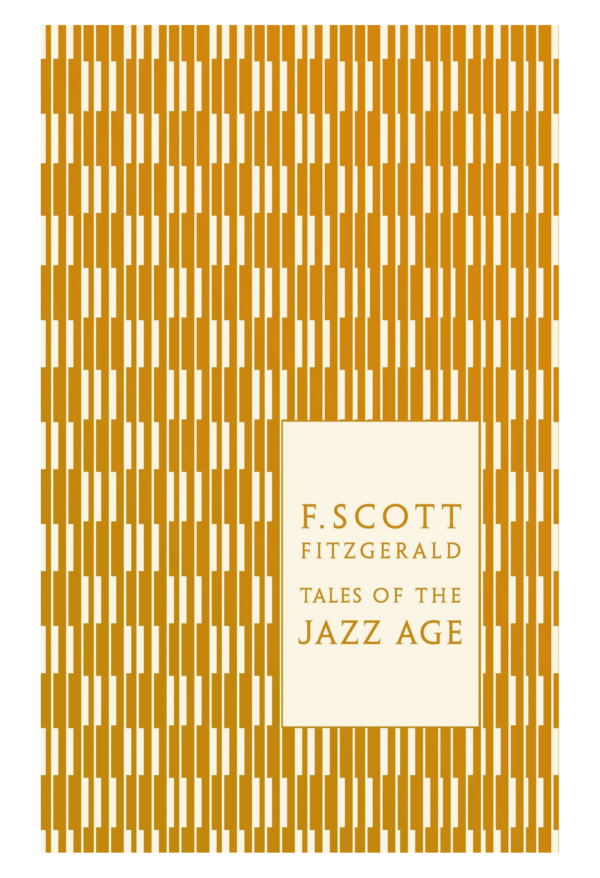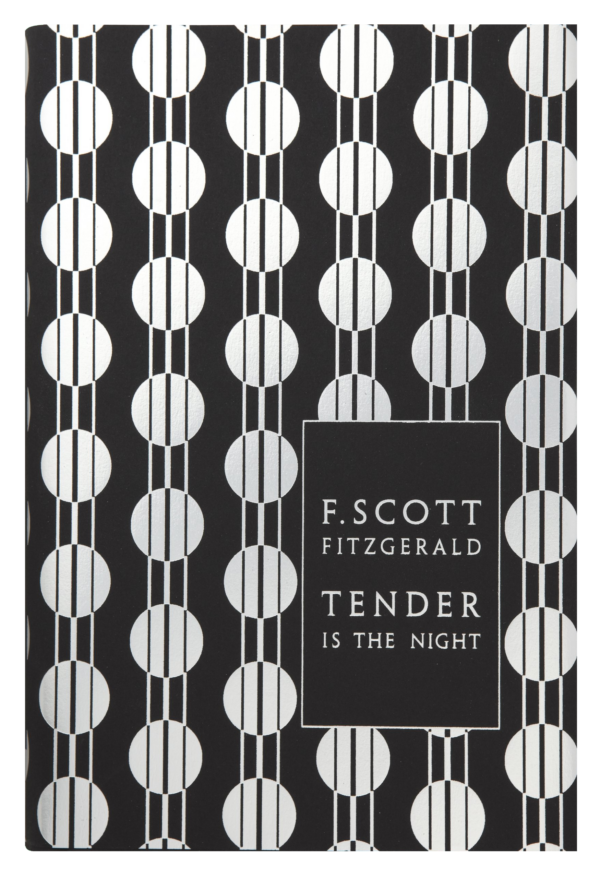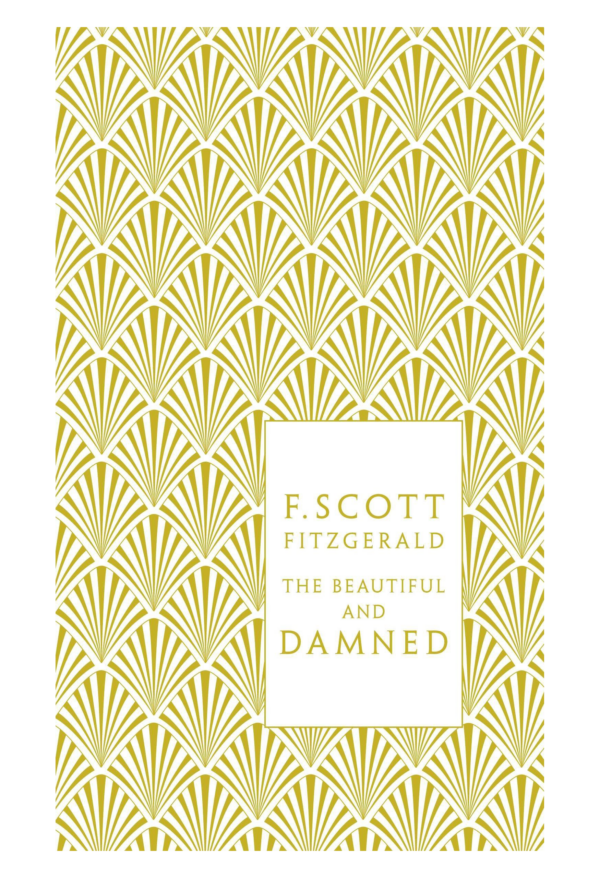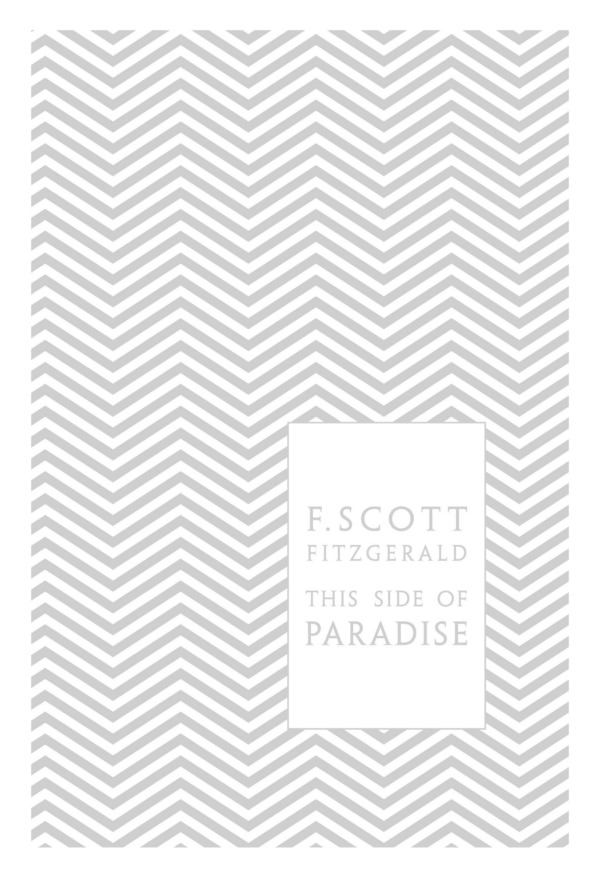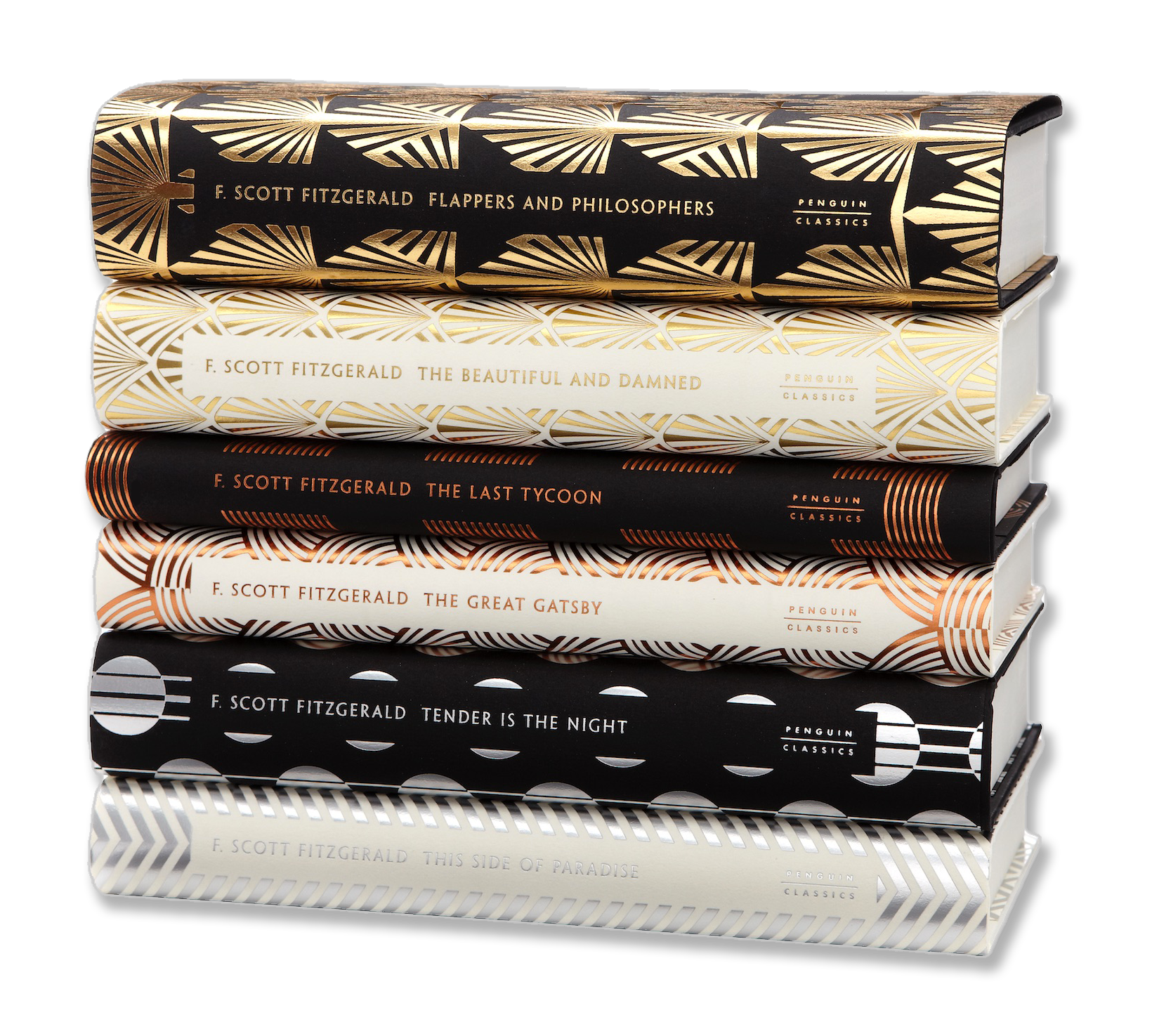Economist David Galenson posits that there are two types of writers: experimenters, a group that includes Dickens, Twain, and Virginia Woolf; and visionaries, such as Melville, Fitzgerald, and Hemingway.
Experimental innovators are seekers. Their most basic characteristic is persistent uncertainty about their methods and goals: they are typically dissatisfied with their current work, but have only vague ideas about how to improve it. Their dissatisfaction impels them to experiment, and their uncertainty means that they change their work by trial and error, moving tentatively toward their imperfectly perceived objectives. No matter how great their progress, their uncertainty rarely allows them to consider any of their works a complete success.
In contrast, conceptual innovators are finders. Their basic characteristic is certainty about some aspect of their work — their method, their goals, or both. Their certainty often allows them to work methodically, according to some system, toward their goals. Their clarity of intent and confidence in their ability often allow them to feel that they have fully realized their objectives in a particular work.
…
The life cycles of experimental and conceptual writers tend to differ sharply. Experimental writers’ achievements usually depend on gradual improvements in their understanding of their subjects and in their mastery of their craft. Their major contributions consequently emerge only after many years of writing, often late in their careers. Conceptual innovations, which depend on the formulation of new ideas, are made more quickly, and … typically occur early in a writer’s career.
— David W. Galenson, “A Portrait of the Artist as a Young or Old Innovator: Measuring the Carers of Modern Novelists” (2004) (link, fee required).
Galenson’s research is fascinating and feels dead-on to me. I am very much an “experimental” writer. No lightning bolts, no visionary insights, no “Eureka!” Only gradual, uncertain, incremental iterations of idea after idea, draft after draft. I plane my sentences over and over, like a carpenter, yet they never feel finished. No book ever feels completed, only abandoned. And always flawed.
The good news? Experimental writers tend to reach their peak later and hold it longer. That feels right to me, also. I am convinced my peak is still ahead of me and that ten years hence I will be writing much better books than I am now. But then, that attitude is probably the mark of an “experimentalist” personality too — the actual, completed books feel hopelessly botched, but the faith always remains that someday, by rigorous trial and error, I will chisel out a “perfect” book. So it goes.
(For a fuller explanation of Galenson’s theory, Malcolm Gladwell repackaged Galenson’s research for an interesting New Yorker article a couple of years ago.)
